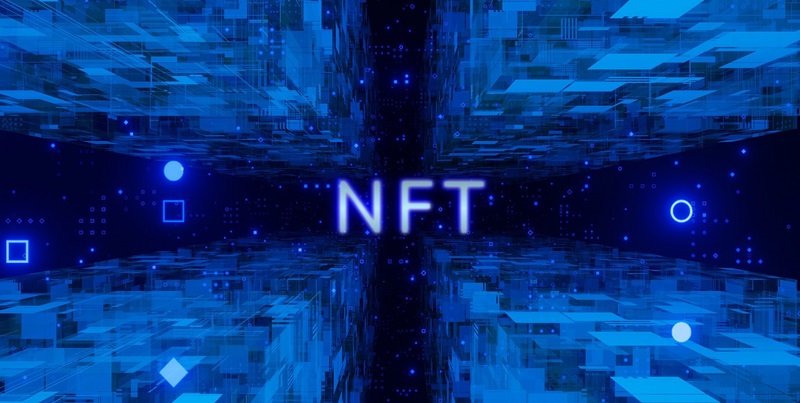Tokenization is revolutionizing the way we manage and invest in assets by leveraging blockchain technology to digitize tangible assets. This innovation is enhancing the investment landscape by providing easier access to asset ownership, boosting liquidity, and ensuring unprecedented levels of transparency. By converting assets like real estate, art, commodities, and various financial instruments into digital tokens, tokenization is emerging as a transformative force. It democratizes investments, allowing a broader range of investors to participate in markets previously reserved for the privileged few. Moreover, it simplifies transactions, making the buying, selling, and trading of asset-backed tokens more efficient and less costly than traditional methods. As this technology continues to evolve, it’s expected to significantly influence not only asset management strategies but also the overall functioning of financial markets, enabling a more inclusive and fluid economic ecosystem.
The Mechanism of Tokenization
Digitizing Assets for Accessibility
Tokenization is reshaping investment by making assets like high-end real estate and art accessible to more people. Traditionally, such investments demanded substantial capital and complex processes, limiting access to the affluent or big investors. By converting these assets into divisible digital tokens, each representing a share of the asset’s value, tokenization opens up these opportunities to a broader audience.
These digital tokens can be bought by individual investors, allowing them to stake a claim in markets once beyond their reach. This is enabled by blockchain technology, which ensures lower fees and swift transactions. Tokenization not only democratizes investment by lowering the barriers to entry but also enhances liquidity in the market, as tokens can be traded more easily than the actual assets. As a result, this innovation is fostering a more inclusive investment landscape, enabling smaller investors to diversify their portfolios with previously inaccessible high-value assets.
Enhancing Transparency with Blockchain
Tokenization revolutionizes transaction transparency through blockchain technology. With each token’s movements and ownership engraved on a blockchain, transparency is paramount. Investors in traditionally opaque markets now have the capacity to verify an asset’s history with ease, boosting trust. This decentralized ledger offers an immutable record of each transaction, significantly deterring fraud by making every trade traceable. Consequently, regulatory compliance becomes less cumbersome.
This system not only supports clear asset ownership records but also paves the way for secure and streamlined investments. Blockchain thus sets a new transparency benchmark in asset management, playing a key role in its appeal to a broader investor base. The enhanced transparency inherent in tokenization through blockchain brings trust to the forefront, reshaping how assets are bought, sold, and owned. By securing unmistakable proof of transactions and ownership, it promises a more open financial future.
The Impact of Tokenization
Disrupting Real Estate and Beyond
Tokenization, driven by blockchain technology, is revolutionizing real estate investment. Platforms like Tangible are making it possible by converting property assets into digital tokens that represent fractional ownership. This innovative approach democratizes real estate by reducing the investment barrier, allowing more people to participate. With tokenization, investments are more liquid and accessible, as these tokens can be traded globally, much like stocks. This facilitates smoother buying and selling of property stakes. Furthermore, tokenized real estate offers new income opportunities, such as receiving dividends from rental income. In essence, tokenization is reshaping real estate, providing a future where property investment is flexible and as easily traded as shares in the stock market, opening doors for a wider pool of investors to enter the market and benefit from the potential gains of real estate ownership.
Broadening Economic Growth
Tokenization is poised to revolutionize our financial system, offering a more equitable distribution of wealth creation. It unlocks the doors to investment opportunities that were once accessible only to a select few. People from all corners of the globe can now participate in economic activities previously beyond their reach, thanks to the democratizing power of blockchain technology.
The scope of tokenization stretches across various sectors, from fine arts to essential commodities, signaling a new epoch in asset management. In essence, tokenization could herald a global economy that is more inclusive, efficient, and based on the pillars of transparency and security. This shift promises a framework for economic cooperation and expansion that is universal and fair. The integration of tokenization into our economic infrastructure suggests a future where the barriers to wealth and investment are significantly lowered, fostering a more connected and prosperous world for all.

